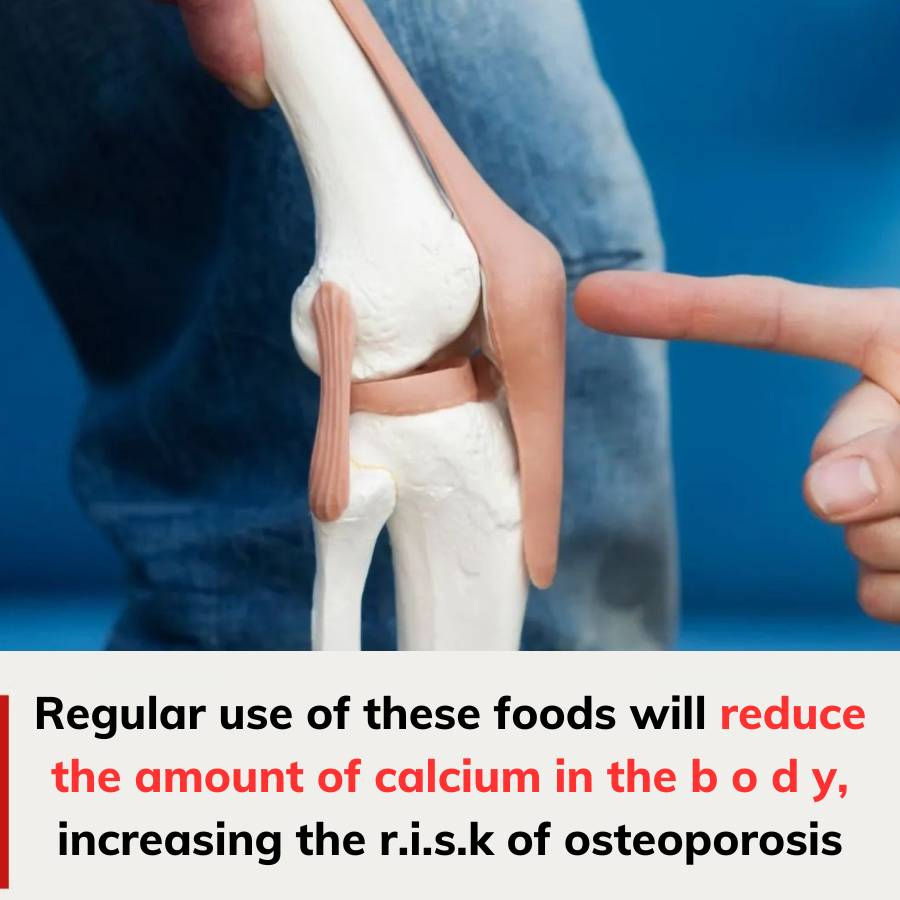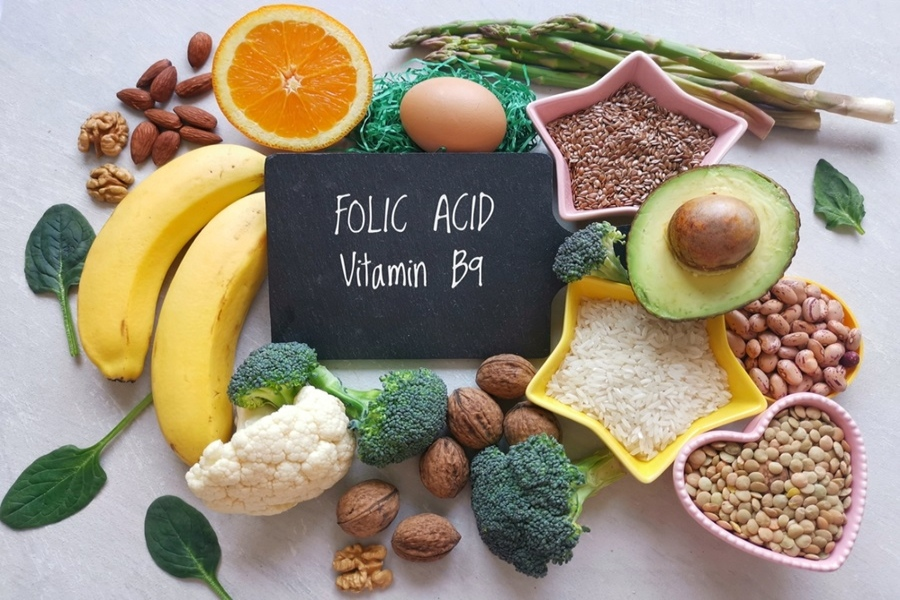Calcium is the cornerstone of strong bones and healthy joints, playing a vital role in maintaining your skeletal health. However, some common foods in your daily diet can silently rob your body of this essential mineral. Over time, consuming these calcium-depleting culprits can weaken your bones, increasing the risk of osteoporosis, fractures, and joint issues. Understanding which foods are the worst offenders—and how to limit their impact—is key to preserving your bone health. Let’s dive into the details.
Salty Foods: The Silent Calcium Killer

Salty snacks like chips, cured meats, and processed foods may tantalize your taste buds, but they wreak havoc on your calcium levels. High sodium intake forces your body to expel calcium through urine, leaving your bones vulnerable over time.
Why Salt Depletes Calcium
When you consume too much sodium, your kidneys work overtime to eliminate it. Unfortunately, calcium is excreted alongside the sodium. Research shows that for every 1,000 mg of sodium consumed, about 26 mg of calcium is lost—a small amount that adds up significantly over time.
How to Reduce Sodium Intake
- Cut back on processed and packaged foods, which are often high in hidden salts.
- Season your meals with herbs, spices, and natural flavorings instead of salt.
- Follow the World Health Organization’s recommendation of no more than 5 grams (about one teaspoon) of salt per day.
Fatty Foods: Blocking Calcium Absorption
While healthy fats are beneficial for your overall health, excessive consumption of unhealthy fats—like fried foods and fatty meats—can hinder your body’s ability to absorb calcium effectively.
The Science Behind Fat and Calcium
Fat binds with calcium in the digestive tract, forming insoluble compounds that your body cannot absorb. This decreases the amount of calcium available to support your bones and joints, weakening their structure over time.
Healthier Fat Choices
- Replace fried and greasy foods with healthier options like baked or grilled dishes.
- Incorporate sources of healthy fats, such as avocados, nuts, seeds, and olive oil.
- Pair calcium-rich foods with low-fat options to maximize calcium absorption.
Soft Drinks: A Risk to Bone Density
Soft drinks may be a go-to for quenching thirst, but they are notorious for contributing to bone weakness. Carbonated beverages are particularly concerning because of their high phosphoric acid content.
Why Soda Harms Your Bones
Phosphoric acid in soft drinks interferes with calcium absorption. Additionally, sugary sodas often replace healthier, calcium-rich options like milk, further reducing your overall calcium intake.
Bone-Friendly Beverage Alternatives
- Swap soft drinks for water, herbal teas, or smoothies made with calcium-rich ingredients.
- If you crave carbonation, choose sparkling water with no added sugars or artificial flavors.
Foods Rich in Folic Acid: Surprising Calcium Blockers
Folic acid is essential for various bodily functions, but too much of it can negatively affect calcium absorption. Certain fortified foods and supplements might inadvertently contribute to calcium depletion when consumed excessively.

How Folic Acid Affects Calcium
Excess folic acid binds with calcium, creating insoluble compounds that your body can’t utilize. This reduces the amount of calcium available for your bones and joints.
Striking the Right Balance
- Stick to the recommended daily allowance of 400 mcg of folic acid for adults.
- Balance folic acid-rich foods, like fortified cereals and leafy greens, with calcium-rich options such as dairy, almonds, and kale.
Coffee: A Double-Edged Sword
For many, coffee is a daily ritual. But if you consume it in excess, it could come at a cost to your bone health. Caffeine, a key component of coffee, has a direct impact on calcium levels in the body.
Caffeine’s Impact on Calcium
Caffeine increases calcium excretion through urine and can reduce calcium absorption in the intestines. Drinking several cups of coffee daily over time can deplete your calcium stores, weakening your bones.
How to Enjoy Coffee Without Compromising Bone Health
- Limit yourself to one or two cups of coffee per day.
- Balance your coffee habit with calcium-rich snacks like yogurt or cheese.
- Consider decaffeinated coffee or caffeine-free alternatives to reduce your intake.
Beef: A Nutritional Trade-Off
Beef is rich in protein and essential nutrients, but consuming it in excess can impact your calcium balance. Digesting high-protein foods like beef requires calcium, which is then excreted through urine.
How Beef Affects Calcium Levels

The high protein content in beef creates an acidic environment in the body, prompting the body to release calcium from bones to neutralize it. Over time, this process can weaken bone density.
Tips for Balanced Beef Consumption
- Limit beef to a few servings per week.
- Opt for plant-based protein sources like lentils, beans, and tofu to diversify your diet.
- Pair beef with calcium-rich vegetables, such as broccoli or spinach, to counterbalance its effects.
Alcohol: Weakening Your Bones
While an occasional drink might not harm you, excessive alcohol consumption is linked to reduced bone density and slower bone regeneration. This makes heavy drinking a significant risk factor for fractures and osteoporosis.
How Alcohol Affects Bone Health
Alcohol interferes with calcium absorption and reduces the levels of hormones necessary for bone formation. It also depletes magnesium, which is essential for maintaining strong bones.
Healthy Drinking Habits
- Women should limit alcohol intake to one drink per day, while men can have up to two drinks daily.
- Prioritize bone-friendly beverages like milk or fortified plant-based options.
- Include plenty of calcium-rich foods in your diet if you drink alcohol regularly.
How to Protect Your Calcium Levels

Maintaining strong bones and joints requires a balanced diet rich in calcium and supportive nutrients. Here’s how you can safeguard your bone health:
- Load Up on Calcium-Rich Foods: Include dairy products, fortified plant-based milks, leafy greens, almonds, and fish like salmon or sardines in your meals.
- Get Enough Vitamin D: Vitamin D is essential for calcium absorption. Spend time in sunlight and eat foods like egg yolks, fatty fish, and fortified cereals.
- Stay Hydrated: Drink plenty of water to support your overall bone health, avoiding sugary or caffeinated drinks that can deplete calcium.
- Practice Moderation: Enjoy calcium-depleting foods like salty snacks or coffee occasionally, not as staples in your diet.
Conclusion: Protect Your Bones With Smarter Choices
Your diet plays a critical role in maintaining bone strength and joint health. While it’s easy to indulge in salty snacks, sugary sodas, or fatty foods, regularly consuming these can gradually deplete your calcium reserves and lead to long-term issues like osteoporosis or fractures.
By identifying and limiting these calcium-depleting foods, you can take proactive steps to safeguard your skeletal health. Small changes—like reducing sodium intake, limiting caffeine, and incorporating more calcium-rich foods—can go a long way toward preserving your bone health for years to come.


